Within the international project Grundtvig Multilateral – Financial literacy for Roma (FINALLY: http://finally.splet.arnes.si/), which aims to improve financial literacy among Roma and their knowledge of various consumer services, RIC Novo mesto together with partners from other 5 countries has developed an educational program and special tools adapted to the specific needs of the Roma minority and focused on gaining new practical skills.
The training of teachers and trainers was implemented in May and lasted 24 hours. First group of Roma participants have finished their 56 hour program at the end of June. The project results and developed tools were tested by 19 Roma in the premises of CIK Trebnje, as the participants live in Trebnje Municipality. Program consists of 4 modules:
- Household Budgeting – Plan Ahead And Spend Wisely
- Saving For The Future
- Sensible Borrowing
- Increasing Your Income
This will improve their attitude towards money, efficiency in budget management, quality of life and trust in bank services. Besides RIC’s mentors the programme was enriched by the visit of bank employee and an entrepreneur. 17 participants have successfully finished the programme.
The programme and tools in all partner languages will be finished by the end of 2015. All activities of the project can be seen on the project website www.project-finally.eu.
The program can also be adapted, with minor adaptations, for training of other vulnerable groups both adults and children.
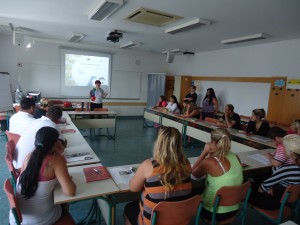
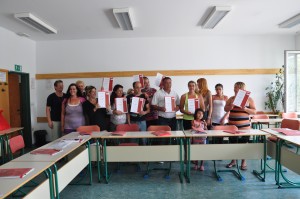





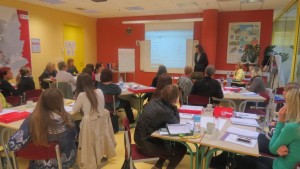
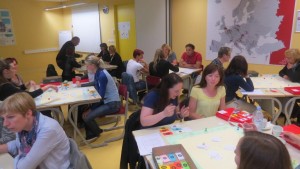
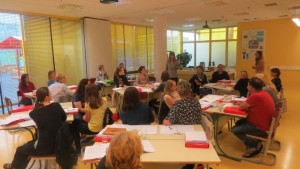
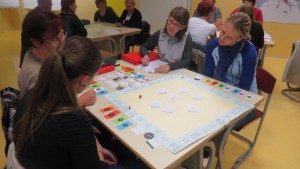
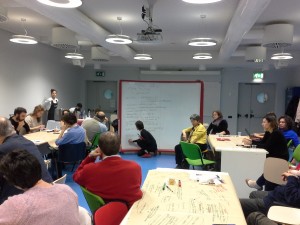 In Italy about one-third of the Roma and Sinti population lives in settlements (Brunello 19963, Raxen 20094). The marginalization, social exclusion and bad housing situation within settlements are an important obstacle to their integration, affecting several dimensions of life, such as health, employment and education opportunities.
In Italy about one-third of the Roma and Sinti population lives in settlements (Brunello 19963, Raxen 20094). The marginalization, social exclusion and bad housing situation within settlements are an important obstacle to their integration, affecting several dimensions of life, such as health, employment and education opportunities.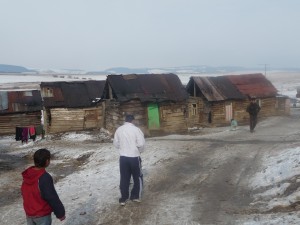
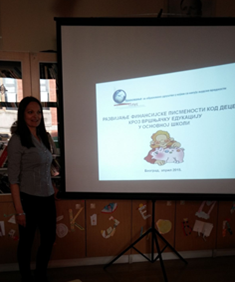
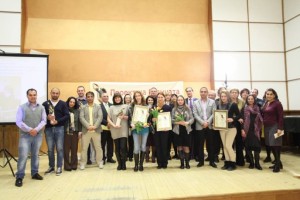 Bulgarian team from Health and Social Development Foundation (HESED) is very proud to announce that the project we are implementing in Kyustendil, Bulgaria, together with the Know-how Centre has been awarded with the Project of the Year 2014 award from the Tulip Foundation.
Bulgarian team from Health and Social Development Foundation (HESED) is very proud to announce that the project we are implementing in Kyustendil, Bulgaria, together with the Know-how Centre has been awarded with the Project of the Year 2014 award from the Tulip Foundation.





